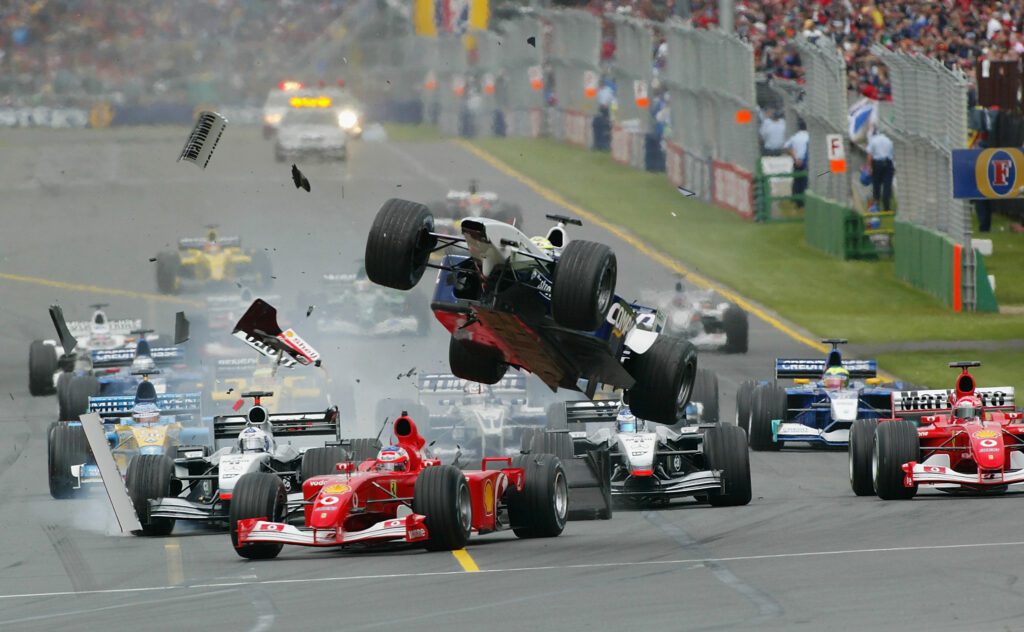The FIFA Cup has come a long way since it’s inaugural 13-team competition way back in 1930. The beautiful game has gradually grown to become the world’s most popular sport. To accommodate this growth, the World Cup has had to expand. No longer are the top teams confined to the traditional powerhouse regions of Europe and South America. Exiting new teams are emerging and proving they can contend with the best. Meaning the conventional 32-team competition is long overdue for a reshuffle.
Despite rising talent levels across the globe, when FIFA announced in 2017 that the World Cup would be expanded, it still came as a shock to many. But now, FIFA’s new plans tell us that future competitions are going to get even more wild. And on top of the expanded format, the 2026 World Cup will be the first to be joint hosted by three nations, with the USA, Canada and Mexico bestowed with the honour.
This is how the new format will work, in the simplest terms we can explain it. The 48 teams that qualify for the World Cup will be split into 12 groups of four. Each team will play three group stage games. The top two teams and eight of the best third placed teams from each group advances to the next round. From there, each game is a knockout, beginning with the round of 32.
The expanded format means that tournament will include 104 total matches, a massive increase from the typical 64. Under the new system, teams that make the World Cup final will play eight total games, up from seven in previous iterations. And with so many extra games, it’s expected that the tournament’s length will also increase from it’s typical one month spot on the calendar.
The original plan for the format of the 48 team World Cup proposed 16 groups of three teams. Teams would only play two games to decide who advances. However, this system would allow for collusion between teams already in a position to advance before the final group stage match. FIFA has now ditched that plan, citing the risk of collusion as a driving factor for the change. “The revised format mitigates the risk of collusion and ensures that all the teams play a minimum of three matches, while providing balanced rest time between competing teams.” FIFA said in a statement.
FIFA has its official reasons for the change. But it’s also possible the wildly entertaining group stage of last years World Cup influenced the decision. “The groups of four have been absolutely incredible until the last minute of the last match,” FIFA president Gianni Infantino said during the tournament.
Africa, Asia, Oceania and North America are the big winners in the new qualification system. Each confederation has been awarded extra qualifying spots, while Europe and South America’s extra slots are limited. There’s good news for Australian fans too. With four extra qualifying places in the Asian Football Confederation (AFC), the Socceroos should have an easier path to qualification in future tournaments.
The new qualification process in the AFC will see three groups of six teams competing in the third round. A sharp increase from the previous format’s two groups of six. The top two teams in each group will directly qualify for the World Cup. The runners up in third and fourth position will then battle it out for the final two spots.
The date of the 2026 World Cup final has also been set for July 19th, 2026. Although there’s still no word on which city will host the decider. With Sofi stadium in Los Angeles, Metlife stadium in New Jersey and AT&T stadium in Texas the current favourites.















